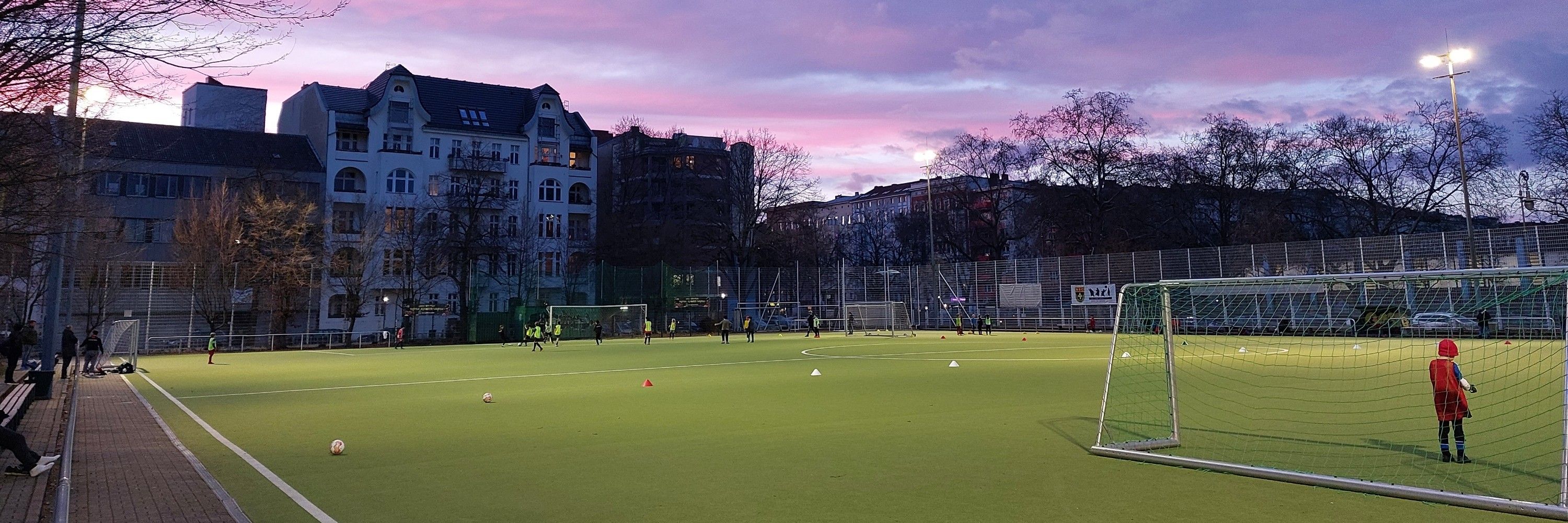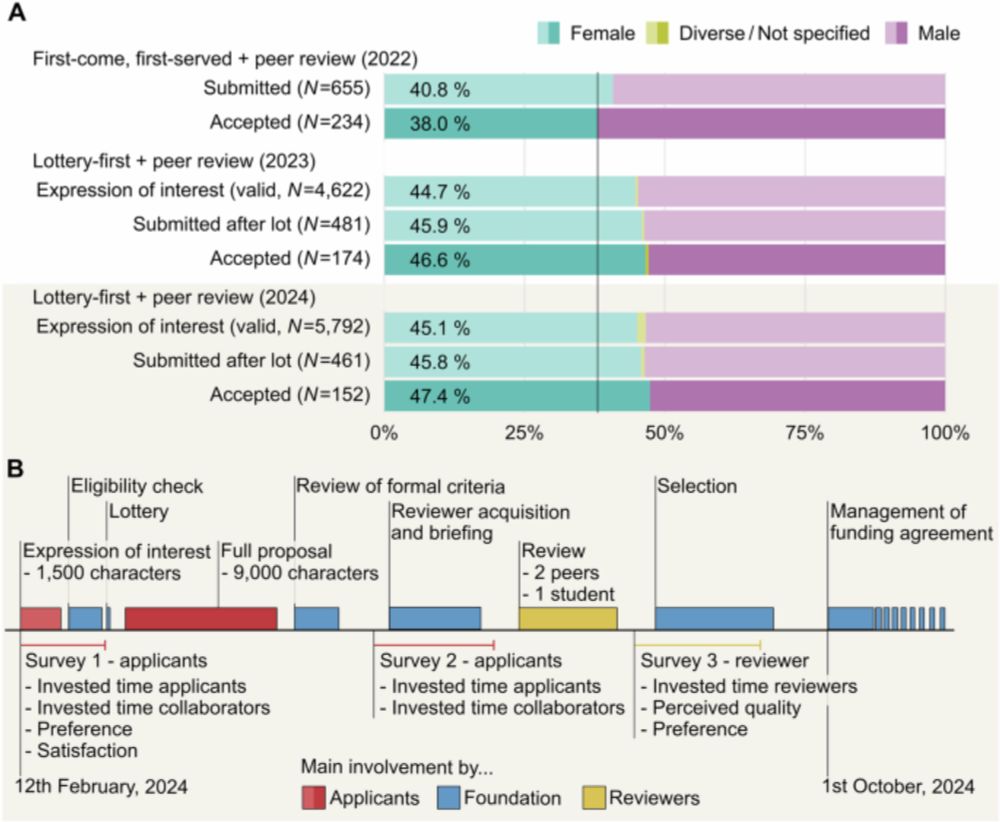
Professor (he/him) - Lübeck University
www.social-neuroscience-lab.com

But in my reading, the updated preproposal rules (CV, output, & just the slightest teensy weensy hint of a research idea) fully lean into Matthew effect.
Thoughts?

But in my reading, the updated preproposal rules (CV, output, & just the slightest teensy weensy hint of a research idea) fully lean into Matthew effect.
Thoughts?
If you have experinece in neurostimulation (tms/tus) and/or modelling of cogneuro data in humans do contact one of us (me, @mkflugge.bsky.social @lilweb.bsky.social, Jacinta OShea) to discuss!
tinyurl.com/364es88k
Why is cognitive effort experienced as costly?
(or why does it hurt to think)
never written a review paper before in my life, that was a new and unusual experience

Why is cognitive effort experienced as costly?
(or why does it hurt to think)
never written a review paper before in my life, that was a new and unusual experience
We show that the tendency to compress complex social information into priors about social structures becomes more pronounced during adolescence.
osf.io/preprints/ps...
I am soooooo excited to share this work, together with @mkwittmann.bsky.social and @yongling.bsky.social.

tinyurl.com/364es88k

tinyurl.com/364es88k
www.nature.com/articles/s41...
www.nature.com/articles/s41...
Much-needed data on lottery-based funding! #SNF
Our current system wastes resources (~40 days for applicants, ~10 days for reviewers for ~85% rejection).
It selects great grant writers, not necessarily great projects, with strong biases against minorities.
www.nature.com/articles/s41...

Much-needed data on lottery-based funding! #SNF
Our current system wastes resources (~40 days for applicants, ~10 days for reviewers for ~85% rejection).
It selects great grant writers, not necessarily great projects, with strong biases against minorities.
www.nature.com/articles/s41...


Led by Jan F Weis, we show that self-compassion predicts positive affect and self-esteem, & protects self-esteem in low performers. Also, positive affect reflects reward expectations & prediction errors, and regret, but independently from self-compassion.
#selfcompassion
bit.ly/SC_PA_SE
Led by Jan F Weis, we show that self-compassion predicts positive affect and self-esteem, & protects self-esteem in low performers. Also, positive affect reflects reward expectations & prediction errors, and regret, but independently from self-compassion.
#selfcompassion
bit.ly/SC_PA_SE
11 November, 1pm CET
tu-dresden.de/mn/psycholog...

11 November, 1pm CET
tu-dresden.de/mn/psycholog...
www.nature.com/articles/s41...

www.nature.com/articles/s41...
Details here (#OpenAccess and fresh off the press): doi.org/10.1038/s414...
www.nature.com/articles/s41...

www.nature.com/articles/s41...
Enjoy!
doi.org/10.1101/2025...

Enjoy!
doi.org/10.1101/2025...
Details here (#OpenAccess and fresh off the press): doi.org/10.1038/s414...
Details here (#OpenAccess and fresh off the press): doi.org/10.1038/s414...
#funding #metascience #scienceofscience #peerreview

#funding #metascience #scienceofscience #peerreview
We not only need to rethink the publication and impact factor-based system (see doi.org/10.1098/rsos...), but also the way and approaches #researchfunding is distributed in academia.
We not only need to rethink the publication and impact factor-based system (see doi.org/10.1098/rsos...), but also the way and approaches #researchfunding is distributed in academia.
Funding schemes that run a lottery to select scientists for submission of full grant proposals can counteract gender bias and reduce societal monetary costs of research funding. Check it out:
www.nature.com/articles/s41...

Funding schemes that run a lottery to select scientists for submission of full grant proposals can counteract gender bias and reduce societal monetary costs of research funding. Check it out:
www.nature.com/articles/s41...
irisvanrooijcogsci.com/2024/03/03/t...

irisvanrooijcogsci.com/2024/03/03/t...
Parlamentarischer Abend zu Karriereperspektiven in der Wissenschaft. Ich geh hin. Wer noch?
eveeno.com/259629766

Parlamentarischer Abend zu Karriereperspektiven in der Wissenschaft. Ich geh hin. Wer noch?
eveeno.com/259629766
correctiv.org/aktuelles/in...

correctiv.org/aktuelles/in...



